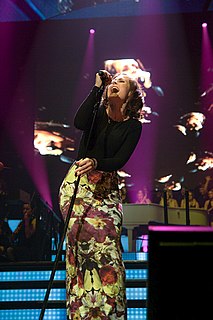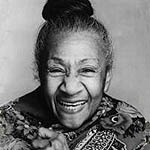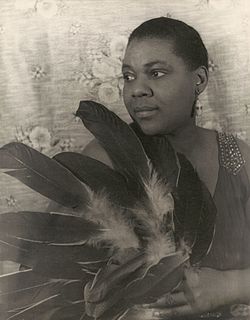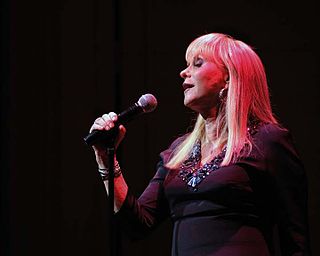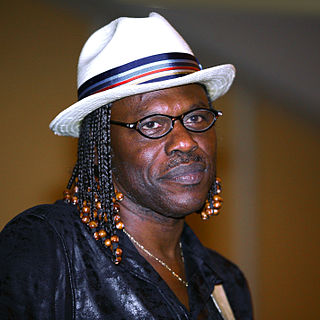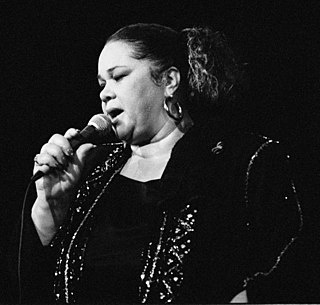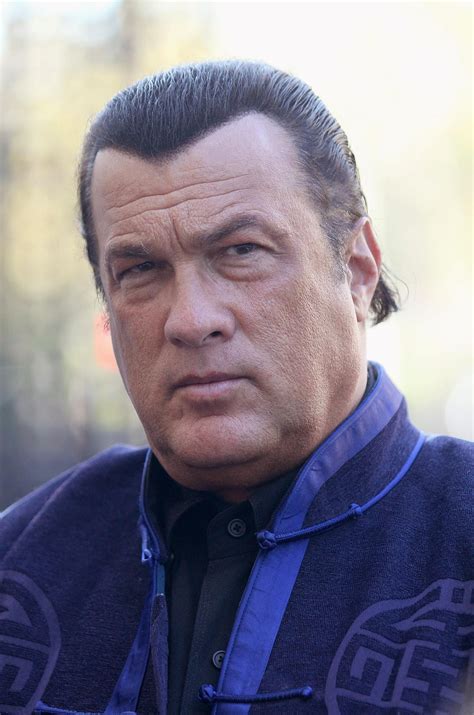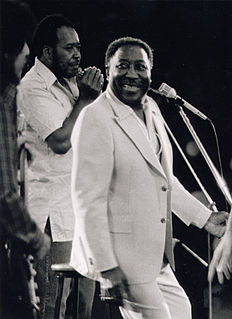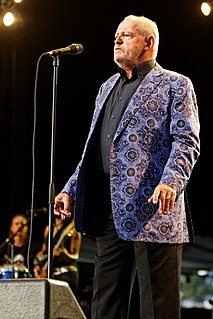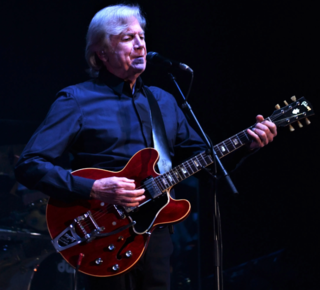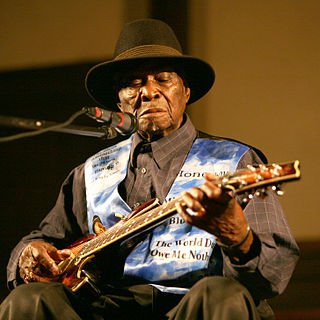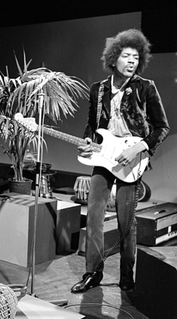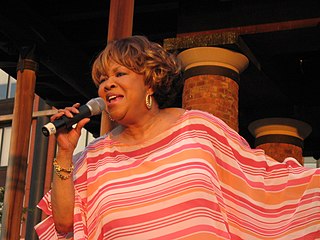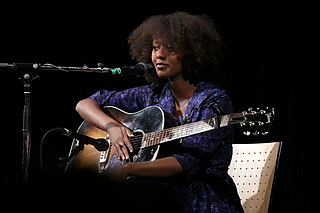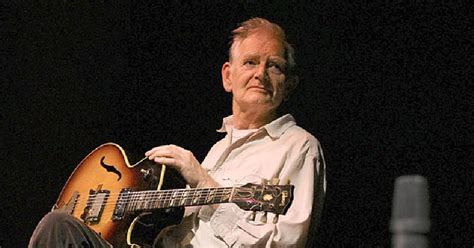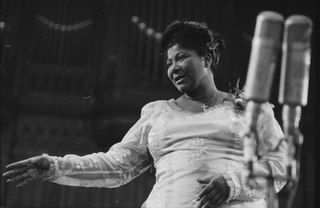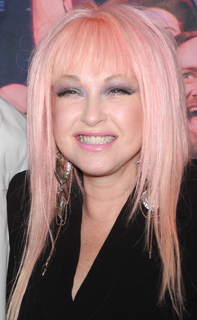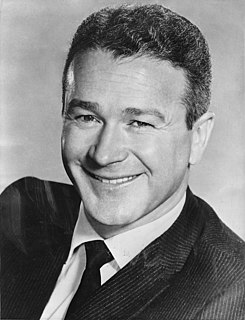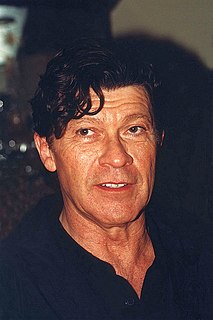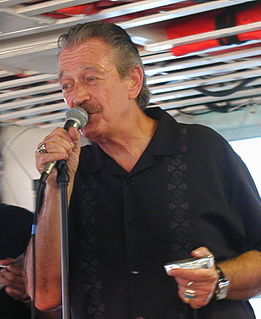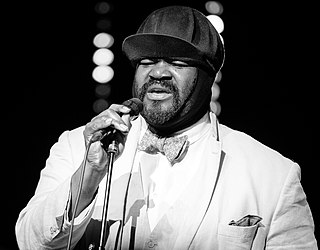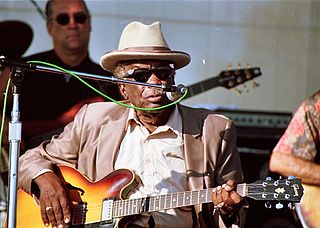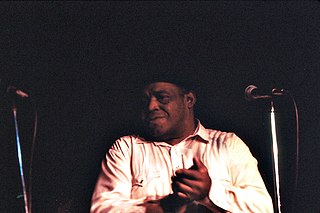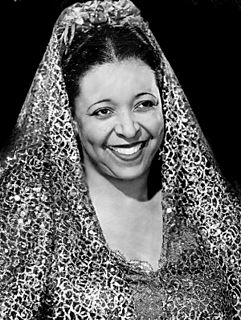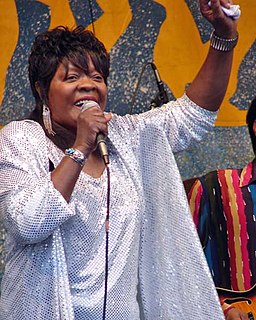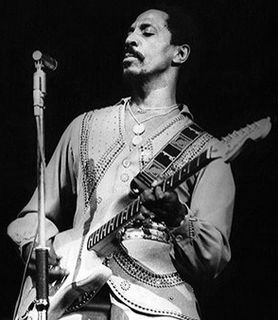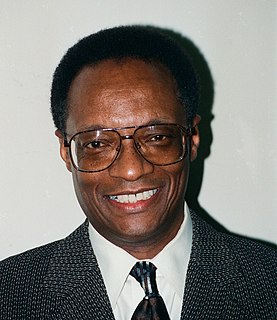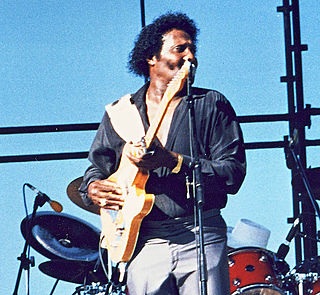Top 1200 Singing The Blues Quotes & Sayings
Explore popular Singing The Blues quotes.
Last updated on April 14, 2025.
The blues? Why, the blues are a part of me. They're like a chant. The blues are like spirituals, almost sacred. When we sing blues, we're singing out our hearts, we're singing out our feelings. Maybe we're hurt and just can't answer back, then we sing or maybe even hum the blues. When I sing, 'I walk the floor, wring my hands and cry -- Yes, I walk the floor, wring my hands and cry,'... what I'm doing is letting my soul out.
Nowadays blues in particular has a wide, wide, wide, wide net of everything that's called blues. I think if somebody's coming to it in the last ten years or whatever, or even fifteen years, what their experience is what is called blues is different from mine. I have to expand my range of what's been called the blues. I think somebody who's new to it would have to go back and to see what is called blues now, where it came from. If that makes sense.
I'm a bluesman moving through a blues-soaked America, a blues-soaked world, a planet where catastrophe and celebration... "Joy and Pain" - sit side by side. The blues started off in some field, in some plantation, in some mind, in some imagination, in some heart. The blues blew over to the next plantation, and then the next state. The blues went south to north, got electrified and even sanctified. The blues got mixed up with jazz and gospel and rock and roll.
You start singing by singing what you hear. So everyone, when they first start singing, they naturally are singing like whatever they're hearing, because that's the only way you learned how to sing. So when I was growing up on Lauryn Hill, when I started singing her songs, I literally trained my voice to be able to do runs.
The early years when I was starting, blues player, you wasn't always welcome in a lot of the other places. People usually have preconceived ideas about blues music. They always feel that it's depressing and that it's just something that a guy sit out on a stool, grab a guitar, and just start singing or mumbling or whatever.
Singing about your sadness unburdens your soul. But the blues hollers shouted about more than being sad. They were also delivering messages in musical code. If the master was coming, you might sing a hidden warning to the other field hands . . . The blues could warn you what was coming. I could see the blues was about survival.
There's a lot of women in blues music, lots of strong women and that sort of stuff. It's not the first thing that comes to mind when you think about blues. There were a lot of powerful blues guitar players in the olden times that were women. It's just that when you think about blues, you have this one image in your mind.
Musically, though, you're a character and you're singing a song. If you're not your own character, you're the character in the song, most of the time. Even blues musicians, a lot of them who were the most realistic, at times, they were singing a song and portraying a character in the song. There's something to be said for getting involved in the emotion of a song, too, with the characters.
I am fascinated by the places that music comes from, like fife-and-drum blues from southern Mississippi or Cajun music out of Lafayette, Louisiana, shape-note singing, old harp singing from the mountains - I love that stuff. It's like the beginning of rock and roll: something comes down from the hills, and something comes up from the delta.
Music and the blues, they have taught me a lot. I think in this book, 'Book Of Hours,' there is this blues sensibility. There are moments of humor even in the sorrow, and I'm really interested in the way that the blues have that tragic-comic view of life - what Langston Hughes called 'laughing to keep from crying.'
I had just discovered jazz, and I started singing in a kind of blues cover band at the age of 15. We called ourselves - it was a terrible name - the Blue Zoots. We couldn't actually get our hands on zoot suits, nor did we dress in blue. We did covers of Screamin' Jay Hawkins and kind of Blues Brothers repertoire stuff.
Everything comes from one thing, everything comes from the Spirit. Jazz would not exist had it not been for gospel music, the blues would not exist had it not been for spiritual blues, which goes back to slave songs our fore fathers were singing while they were out in the field. So it's all one continuous growth from one group of people. Of course jazz now is played by various cultures and colors around the world. But the stimulus is One Voice.


